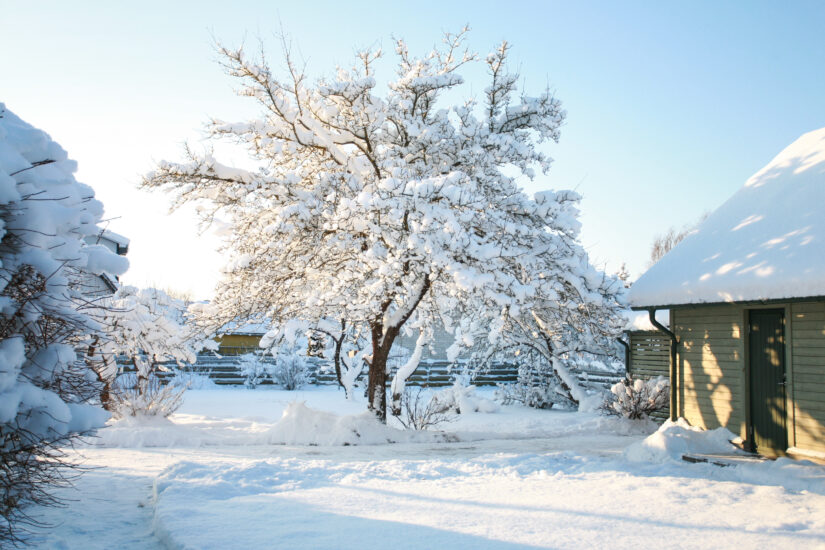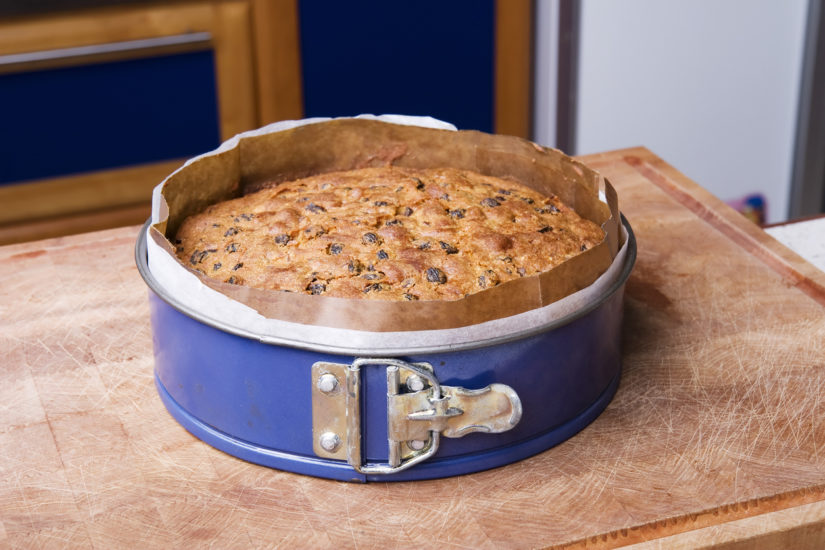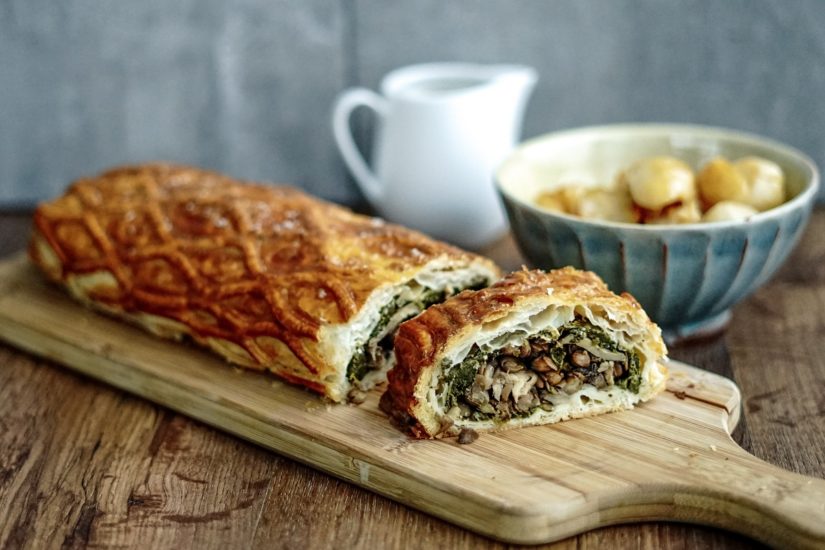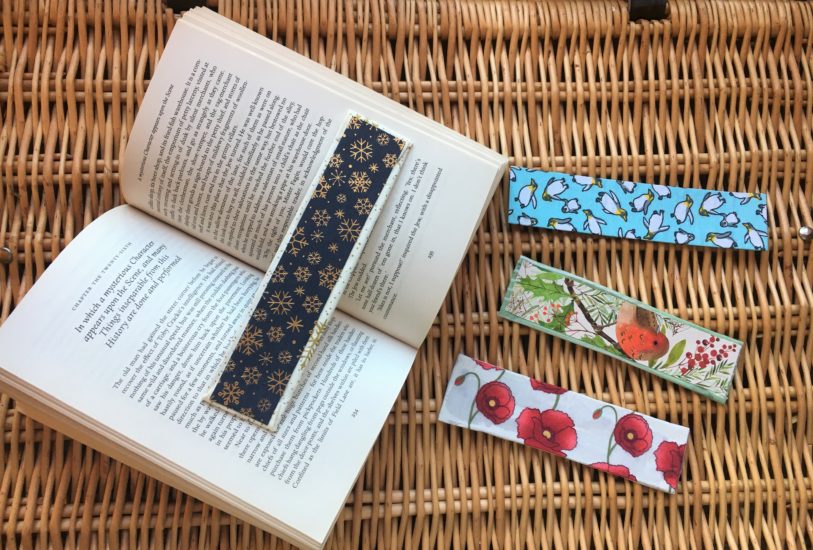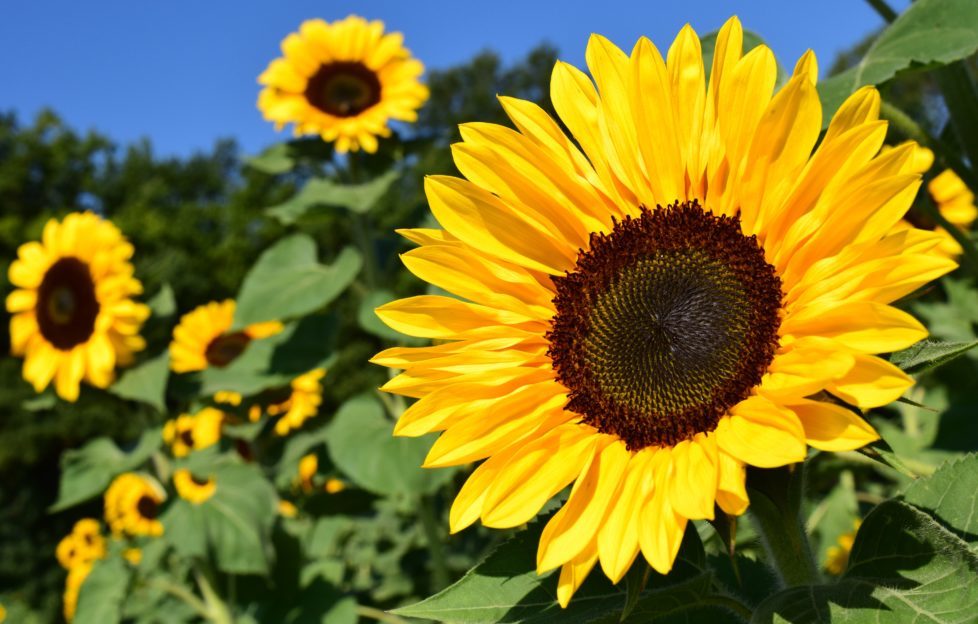
The surprising edible flowers in your back gardens
UK gardens provide thousands of small animals, birds and insects with sufficient food each and every year. But, many Brits won’t realise that their gardens may actually be harbouring some tasty treats for humans too!
Some of the most unlikely snacks and ingredients include the common dandelion weed, and a bouquet favourite – the carnation. Here’s the definitive list!
Violets
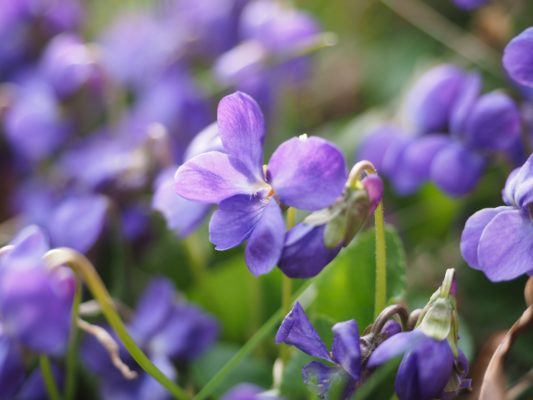
The leaves and stems can be eaten raw or cooked, and have a very mild, aromatic flavour.
Primrose
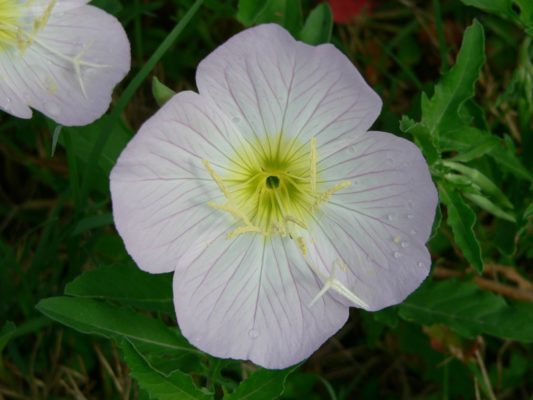
Primrose flowers have a rose-y smell and taste – some people even use them to make wine!
Daisies
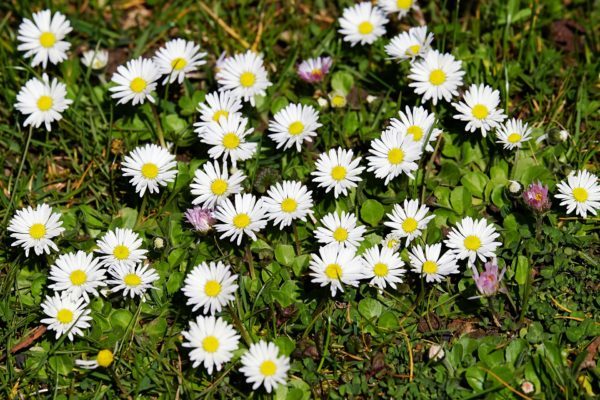
The flavour is a little bitter, but the greens and petals have medicinal purposes as well!
Lungwort
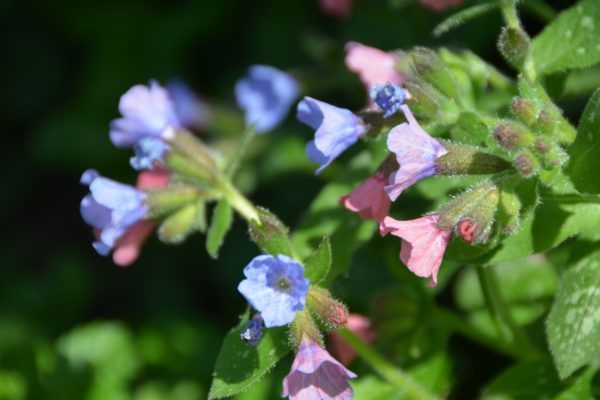
This has been used in popular herbal remedies for lung problems, believe it or not. The flowers carry a fresh flavour and the leaves are said to be good cooked like spinach.
Dandelion
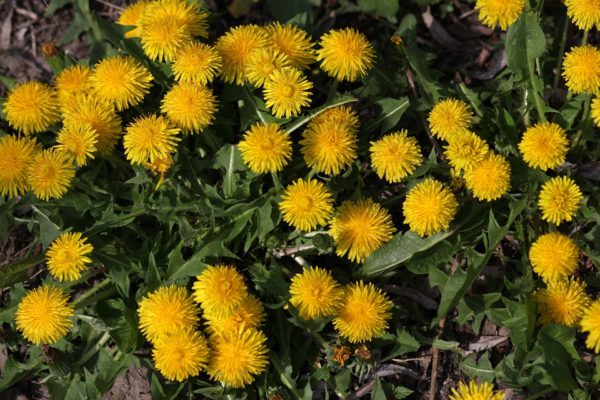
Often considered a pesky weed, the flowers, leaves and roots of the dandelion can in fact all be used for food and medicine. They’re a rich source of vitamins and minerals and even antioxidants. Dandelion leaves can be added to a salad, cooked or dried and stored, whilst the flowers can be made into juice, and the root can even be made into a coffee substitute.
Stinging nettles
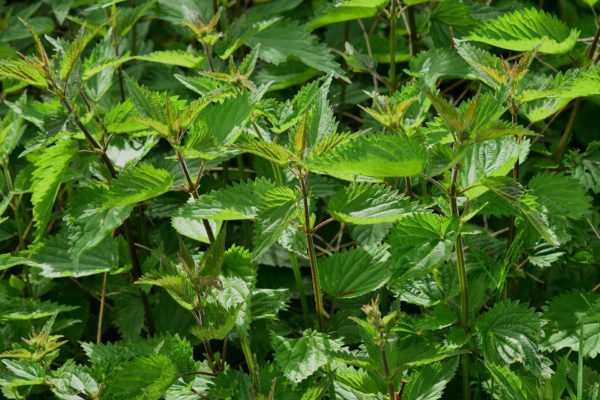
This is a vitamin-rich food source used as a remedy for various medical conditions such as eczema, arthritis and anaemia. The leaves, stems and roots are edible but be sure to remember that until dried or cooked, stinging nettle leaves will have those nasty stinging hairs – so never eat them raw! They can make an excellent spinach substitute and can also be added to soups and stews.
Sunflower
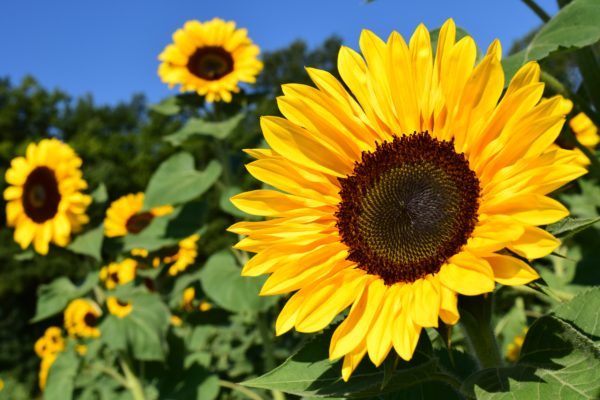
It’s not just the seeds of this plant that are edible – you can eat the petals and buds too. Unopened buds can be steamed like artichokes. They taste quite nutty, and are best eaten with/in bread, biscuits and cakes.
Carnation
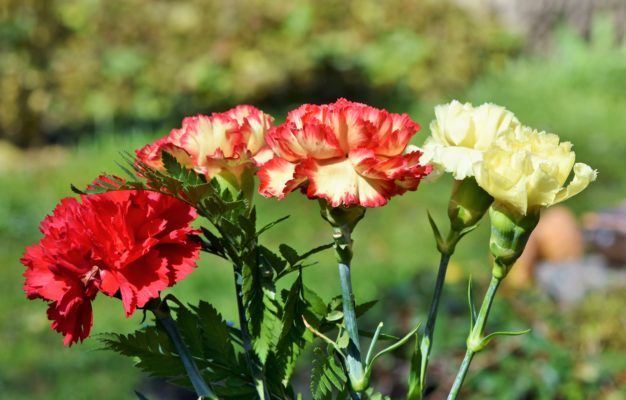
The use of carnations in culinary applications isn’t new – the petals were used in the French liqueur known as Chartreuse that has been distilled by monks since the 17th or 18th century. The petals of this flower are quite peppery and spicy, so are best eaten with salads, meat dishes or even desserts.
Pansy
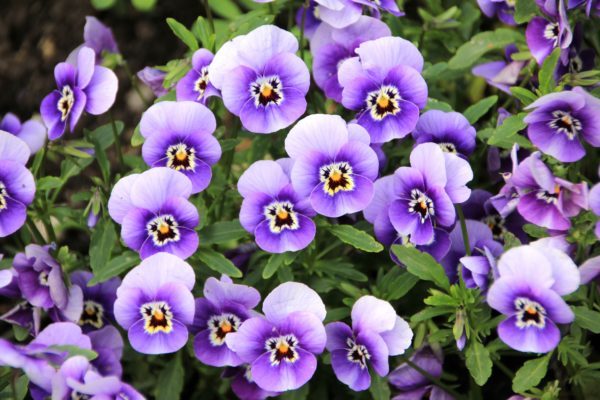
The whole pansy flower can be eaten and – as it tastes like lettuce – is best enjoyed as a garnish. Up close, pansies have a slightly sweet fragrance, but their unique flavour sets them apart. Pop the entire flower into your mouth and as you chew, you first get a sweet essence from the nectar, followed by a bold peppery tang.
Forget-me-not
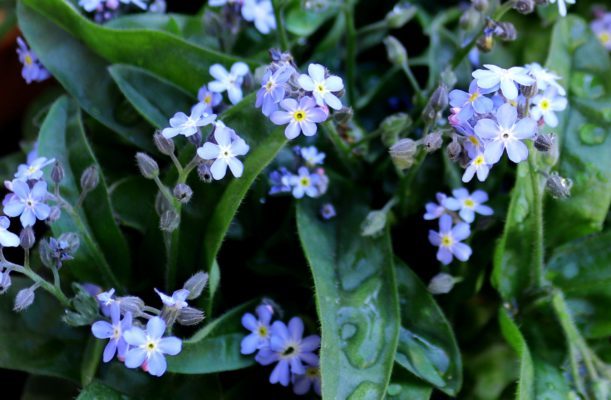
The flowers are the edible part of this plant. You can eat them as a trail snack, toss them in a salad or use them to decorate desserts and garnish your meals.
The science bit
A spokesperson for BillyOh.com commented: “If you’re lucky enough to boast a plethora of colourful flowers in your garden, you might be surprised to learn that some may not only be a treat for the eyes.
“Violets, pansies and primrose are all flowers that look and smell amazing, but if you take the right part of the flower, they can taste great and be a real treat for your taste buds too!
“With that being said, we definitely don’t want to give off the impression that you should be going around nibbling every garden flower and plant you see.
“Though we’ve listed the specific parts of some plants that are safe to eat, we recommend doing your research before branching out to try any others as some, like foxglove, larkspur and oleander, carry some really nasty side effects if consumed.”

